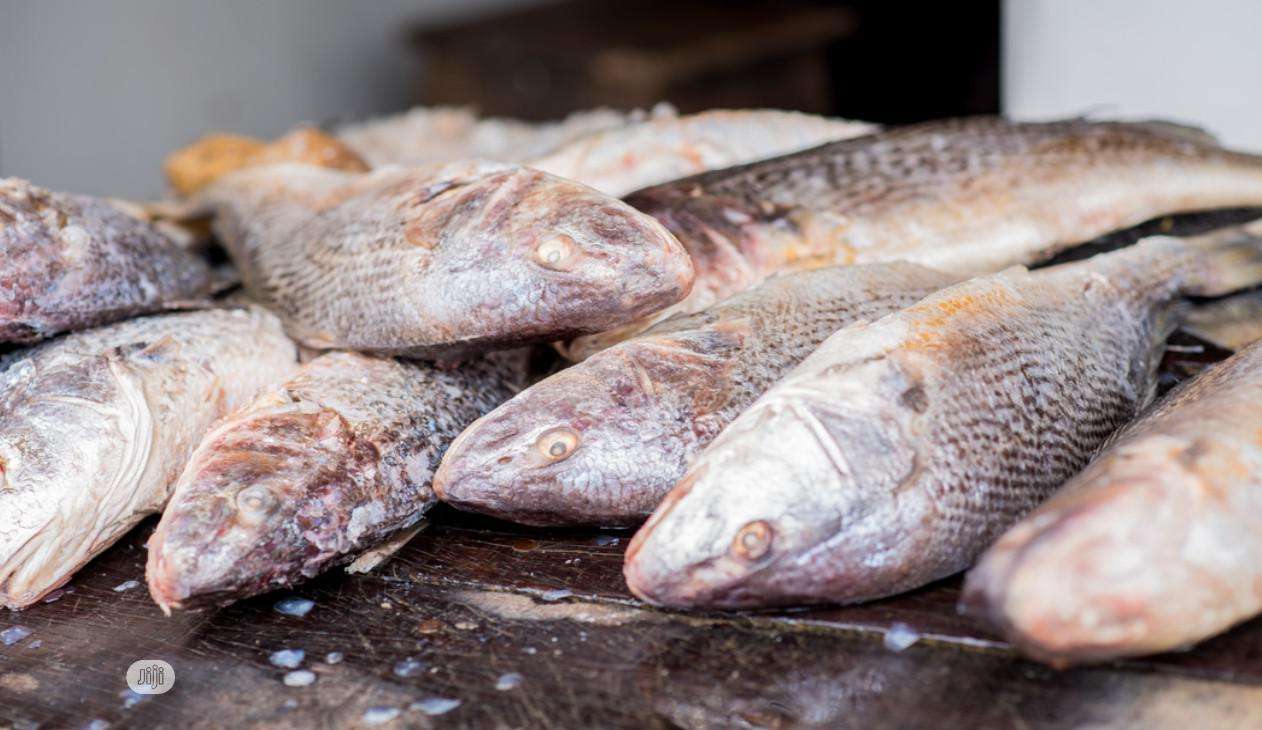
In the heart of Nigeria, where the sun’s warm embrace meets the rhythm of flowing waters, a booming industry is making waves: fish farming. As the demand for high-quality protein sources surges, the diverse fish farms in Nigeria play host to a variety of fish, each with its own unique charm. Join us on a journey into the depths of fish farming in Nigeria and explore the rich tapestry of aquatic life that graces Nigeria’s ponds and rivers.
The Aquatic Symphony of Nigeria
Types of Fish in Nigeria
1. Tilapia Fish: The Versatile Delight
Tilapia, the chameleon of the aquatic world, graces Nigerian waters with its versatility. Whether grilled, fried, or steamed, tilapia’s mild taste and firm texture make it a culinary canvas. In fish farming, tilapia stands out for its adaptability to various environments, making it a popular choice for farmers seeking a robust and reliable stock.
2. Titus Fish: The Pride of the Atlantic
Known by many names, including mackerel or Atlantic horse mackerel, Titus fish is a staple in Nigerian households. Its rich, oily flesh and distinctive flavor make it a favorite for local delicacies. Fish farmers often navigate the tides of the Atlantic to bring the prized Titus fish to the eager tables of Nigeria.

3. Croaker Fish: The Melodic Maestro
Named for the distinctive sound it produces, the croaker fish adds a musical note to Nigeria’s aquatic symphony. Its tender, white flesh makes it a delectable choice for various culinary creations. In fish farming, the croaker’s popularity rises, as its adaptable nature allows for successful cultivation in different aquaculture systems.
4. Salmon Fish farming in Nigeria
While not native to Nigerian waters, the global demand for salmon has made it a sought-after addition to the country’s fish farming landscape. Cultivation of salmon has gained traction, providing a unique and flavorful option for those seeking a taste of the international aquatic scene. See what’s happening with Salmon farming in Nigeria.
Buy Frozen Fresh Fish – Salmon, Titus, Kote, Croaker, Kpanla>>>
Fish Farms in Nigeria: A Growing Tide
Fish farming, also known as aquaculture, has become a critical component of Nigeria’s food security and economic development. As the population burgeons, so does the demand for protein, and fish farming emerges as a sustainable solution. Let’s dive into the depths of fish farming and explore the key players in Nigeria’s aquatic agricultural revolution.
1. Catfish Farming: The Homegrown Hero
Catfish farming takes center stage in Nigeria’s aquaculture narrative. With its robust nature and ability to thrive in various water conditions, catfish farming has become a cornerstone of the industry. The Nigerian catfish, especially the Clarias gariepinus, dominates local fish markets, offering a cost-effective and protein-rich option for consumers.
2. Mackerel Fish Farming: Tapping into Oceanic Riches
Mackerel fish, particularly the coveted Titus fish, is not only a product of the wild Atlantic but is increasingly finding its way into the controlled environments of fish farms. As demand continues to climb, mackerel fish farming represents a sustainable approach to meeting consumer needs while relieving pressure on wild stocks.
3. Plenty of Fish: Navigating Diversity in Fish Farms
The phrase “plenty of fish in the sea” takes on new meaning in the context of Nigeria’s fish farming industry. Farmers explore diverse species to cater to a wide range of tastes and preferences. From the mild tilapia to the robust catfish, fish farms are a treasure trove of options, ensuring there’s truly plenty of fish for everyone.
The Fish Farmer’s Toolbox: Navigating Challenges with Innovation
Successful fish farming requires more than just tossing a net into the water. It’s a delicate dance with nature, navigating challenges and embracing innovative solutions. Let’s explore the essential tools in a fish farmer’s arsenal.
1. Quality Feed: The Key to Thriving Aquatic Communities
Just as a balanced diet is crucial for human health, quality feed is paramount in fish farming. Tailored nutrition ensures optimal growth and health for the diverse array of fish species cultivated in Nigeria. Products like HTS Farms’ Aqualis Extruded Fish Feed provides a well-rounded and nutritionally balanced diet, promoting the vitality of aquatic communities.
2. Water Quality Management: Maintaining the Aquatic Balance
Water quality is the lifeblood of fish farming. Regular monitoring and management of water parameters, including oxygen levels and pH, are critical. At HTS Farms, we sell water treatment solutions designed to maintain optimal conditions for fish health and growth.
3. Disease Prevention: Safeguarding the Aquatic Ecosystem
Just like any other farming venture, fish farming is not immune to diseases. Prevention is the key, and products like HTS Farms’ AquaPro are designed to boost the immune systems of fish, ensuring a resilient and thriving aquatic ecosystem.
Read More: Boosting Broilers: A Guide to Timing and Homemade Boosters>>>
A Call to Adventure: Join the Fish Farming Voyage
As we navigate the currents of fish farming in Nigeria, it’s evident that this aquatic adventure is not just about cultivation—it’s a journey of sustenance, economic growth, and culinary delight. Whether you’re a seasoned fish farmer or a curious enthusiast, there’s always more to discover beneath the surface of Nigeria’s vibrant aquatic world.
Embrace the call of the water, explore the diverse flavors swimming in the depths of fish farming, and join the ranks of those contributing to Nigeria’s flourishing aquaculture industry. As we cast our nets into the future, let’s ensure that the bounty of Nigeria’s waters continues to enrich tables and lives for generations to come. After all, in the world of fish farming, the adventure never ends, and the seas are always ripe with possibilities.




